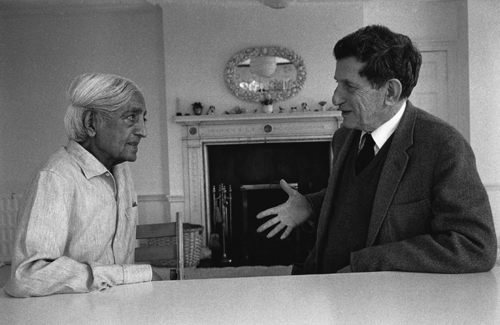Since it's the "season to be jolly" as they say, I thought it might be useful to share some hopeful ideas (cynics might dismiss them as "utopian") for building a more caring, just, and peaceful society in the years ahead.
On the economic front, if we had a shorter workweek (25 hours) and a more equitable distribution of wealth, not only would we do away with unemployment, but people would have more precious time to feel human again. The current "rat race" of over work leaves people too exhausted for vital humanizing activities like reading, writing, exposure to art works, social life, conversation, and attending civic and political meetings. The result is a citizenry less able to think critically, and more vulnerable to being duped by pandering politicians.
Next order of business, people need to learn how to talk to each other again. I know this might sound shocking, but as an English professor, I see first hand evidence of the erosion of basic conversation skills in 21st Century America. Part of the problem is an education system hell bent on testing, leaving little space in the curriculum for humane dialogue, and a reality show-based media that glamorizes an immature, kids in the schoolyard form of communication--one that encourages a coarse, bullying form of speech where he or she with the loudest voice or coolest sound bites wins.
The good news is, we have some wonderful books that might form a national curriculum to bring us back together in humane dialogue, and help us sound less like the Limbaughs, Hannitys, and O'Reillys of the world. One of my favorite of these texts, which I've been teaching with for years, is A Tao of Dialogue (1998) by Doug Ross and Friends. Check out this nourishing quote on page seven by David Bohm, an important 20th century physicist who contributed innovative ideas to the fields of quantum theory, neuropsychology, and the study of dialogue.
"In dialogue, there is no attempt to gain points, or to make your particular view
prevail. It is more a common participation, in which people are not playing a
game against each other but with each other. In a dialogue, everybody wins."
Other key dialogic thinkers include the theologian Martin Buber, education philosopher John Dewey, and psychologist Carl Rogers. Buber made us aware of the spiritual quality of dialogue, of the sacred "in between" spaces where he believed God was found; Dewey of the dialogic links between education, community, and democracy; and Rogers of the healing, therapeutic nature of deep, non-directive, non-judgmental listening. If knowledge of their works was more widespread, real conversations might rebound against the anti-social turning away from others (and toward a mechanical device) that weakens the realm of democratic, face-to-face community, and withers the capacity for human conversation.
Once we have an education system and media that presents good ideas (economic, political, cultural) instead of infotainment, educates for critical thinking, and models a humane way of relating, then the politicians who pander to the oligarchs will have a harder time hoodwinking the population. And Happy Days will indeed be Here Again...for real this time.
